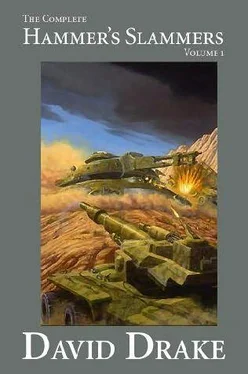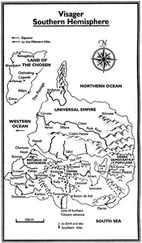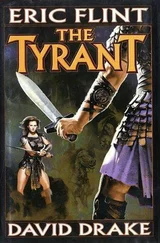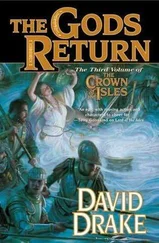The Hammer stories were written with a flat affect, describing cruelty and horror with the detachment of a soldier who's shut down his emotional responses completely in a war zone . . . as soldiers always do, because otherwise they wouldn't be able to survive. Showing soldiers behaving and thinking as they really do in war was unique at the time and extremely disquieting to the civilians who were editing magazines.
I mentioned that Jim asked for additional Hammer stories. I wrote three more, and Jim rejected two of them. No reasonable person thinking of a career in writing would've deliberately written stories which were not only hard to sell but which when they did sell were purchased by an editor who turned his eyes away when he bought them.
The reason I continued with the series is that the Hammer stories provided me with a form of therapy, a socially acceptable way of dealing with Viet Nam. (I didn't know that at the time. I came to the conclusion much later, when I was cool enough and sane enough to really analyze what'd been going on.)
The funny—and wholly unexpected—thing is that after the Hammer stories were published, they gained a following. Though the magazine editors were civilians, SF readers included a number of veterans and serving members of the military. My stories were the first ones they'd seen which showed war the way they knew it. The comments Jim got on The Butcher's Bill and later stories in the series were positive; so much so that when he was hired to take over the SF program at Ace Books, he asked me to do a Hammer collection.
The collection, my first book, was the eighth book down on a list of eleven books from Ace in April, 1979. Short story collections are notoriously difficult to sell, as are authors' first books; Hammer's Slammers had both strikes against it. It sold over ninety percent of the first printing and went through eight more printings at Ace before I transferred the rights to Baen Books, Jim's new publishing line. The stories have never been out of print since their first book publication.
Not coincidentally, I became a full-time freelance writer in 1981 and have remained one since. The Butcher's Bill very directly gave me a career that I hadn't been looking for.
Don't read things into the above account that aren't there. I'm not telling you that you have to believe in yourself in order to succeed: I didn't believe in myself (as a writer or as much of anything else).
I'm also not telling you that if you keep at it long enough you'll find an editor who believes in you. Jim bought my stories because they saved him editing time, not because he believed in them or me at the time he took them.
I am specifically saying that if I'd put my writing career first, I wouldn't have a writing career. I know many writers, some of them very good writers, about whom that isn't true.
But I'm saying one thing more: I believed in the truth of the vision I portrayed in the Hammer series. I followed that vision of truth to the exclusion of all other considerations in writing the stories.
And I don't believe any writer can have real success unless he follows his own truth.












